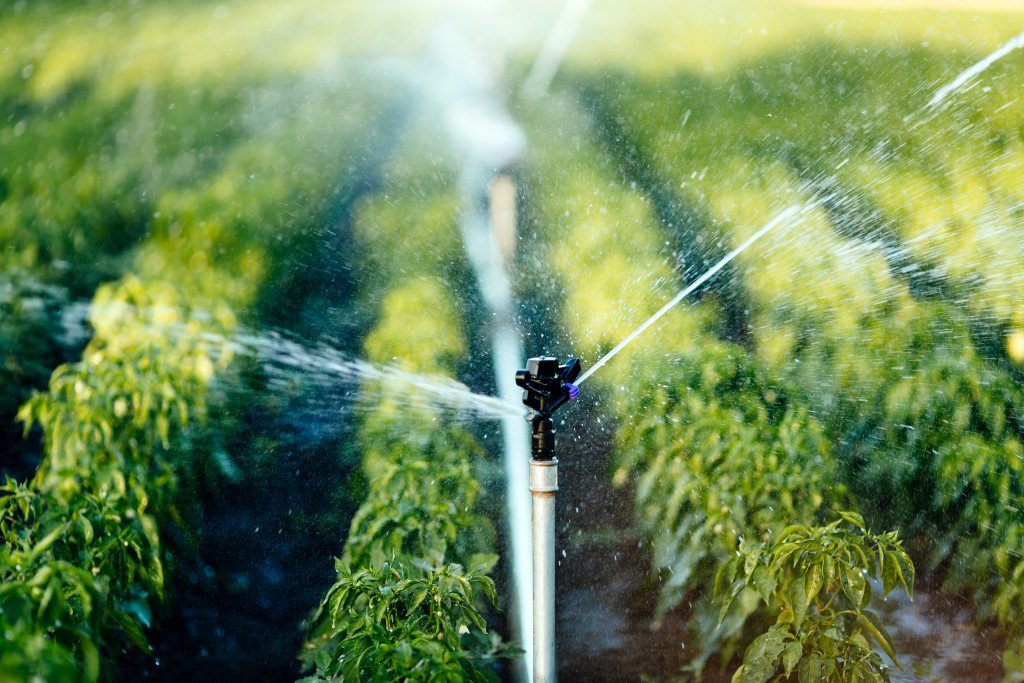What makes a lawn great isn’t its size or how much the homeowner has spent on it, it’s how they take care of it. All lawns have the potential to add value to a home, whether you’re working with a small patch or acres of rolling greenery. Homeowners place heavy emphasis on what their homes look like on the outside, which is why they make sure their lawn and garden always look immaculate.
Lawns are artificial features and require constant maintenance to maintain their manicured appearance. And that’s where you come in. Your job is to take good care of the lawn and make sure that your services are a cut above the rest. Homeowners trust commercial landscaping services to provide expert solutions to their lawn problems. After all, if all their lawn needed is the occasional trim, they would do it themselves.
Landscape maintenance seems easy enough, but every time you visit a client, you are laying the foundation for your failure or success. If you do your job correctly, you will be blessed with a lawn that is healthy and vibrant. But if you’re careless and sloppy, your clients will drop you like a hot potato.
The tools you use are also vital to your company’s future success. Use the right trimmer or mower, and you’ll have an easier time working towards a healthier and greener landscape. But if you cheap out on the essentials, you won’t get the results you were hoping for.
Here are a few other landscape maintenance mistakes you need to avoid.
1. Salting the lawn
Some landscaping businesses turn to winter salting during the cold winter months. Salt is a great way to melt ice on roads and pavements. But you shouldn’t add salt to your client’s lawn. The ground may be covered in snow right now, but once the ice melts, the soil will be exposed again.
If a client asks to salt their lawn, you need to warn them of the dangers first. Salt is one of the surest ways to destroy the lawn and garden. Once spring arrives and temperatures become warm again, the grass won’t regrow in areas with high concentrations of salt.
2. Scalping
Another mistake many businesses make is cutting the grass too short. The idea is a shorter cut looks cleaner and more even. But scalping the lawn can kill the grass. If you shave off too much of the leaf, the grass can no longer produce enough nutrients to support itself. The roots then have to compensate for the loss of production, which weakens the plant further.
Make sure to only cut at least a quarter of the blade. This will help the grass to develop deeper root systems, which will extend the life of the plant. Doing this will give you thicker and fuller grass that is more resistant to pests and weeds.
3. Disposing of the clippings
Proper lawn care isn’t just about appearances, it’s also practicing sustainable techniques. After mowing the lawn, do not collect the grass clippings for disposal. Grass clippings are tiny, and collecting them requires a lot of time and energy. Instead, take advantage of the clippings and use it as a free source of organic mulch. Spread the clippings all over the lawn to protect the soil layer. You can also use them to cover exposed areas of the lawn.
4. Working in wet weather

Working in wet weather can be dangerous, and you need to take extra precautions to keep you and your staff safe. Many slips and falls occur in slippery situations, and unless you have ironclad insurance, hold off on working until the weather has cleared up.
Some jobs are best performed during dry weather as well. For instance, mowing wet grass can kill the lawn. The weight of the water forces plants and grass blades to droop, making it more difficult to work with them. You also might inadvertently spread diseases
5. Using too much fertilizer
Fertilizer is an essential tool in the lawn worker’s arsenal, but you need to know when and how to use it. Fertilizing isn’t as simple as sprinkling fertilizer pellets. You need to consider factors such as timing and weather.
If you add too much fertilizer to the lawn, you risk destroying the soil’s fertility. Some fertilizers are made of nitrogen and potassium, which tend to overwhelm the soil in high concentrations.
The bottom line
The lawn care business is founded on trust. If homeowners can’t trust you to take care of their lawns and gardens, your business is as good as dead. One small mistake could derail your career, so you need to be always on guard to get the job done.